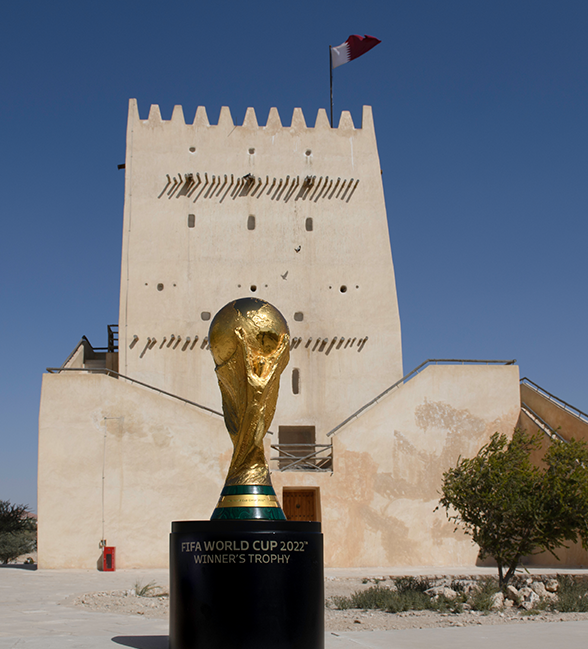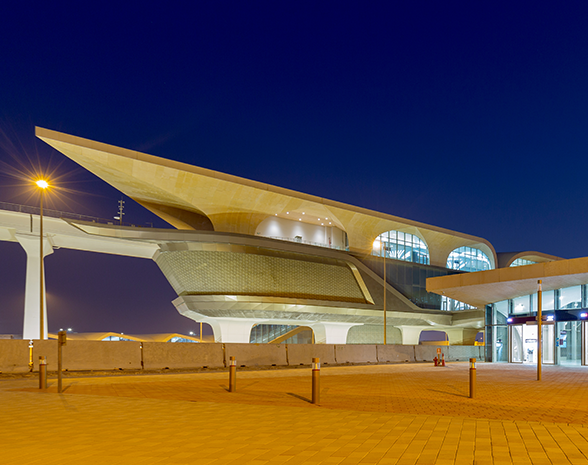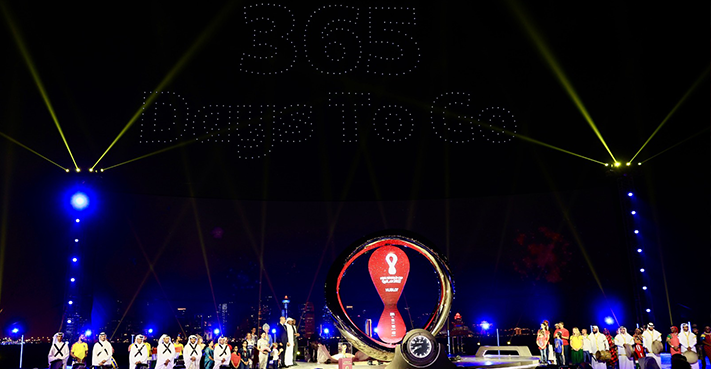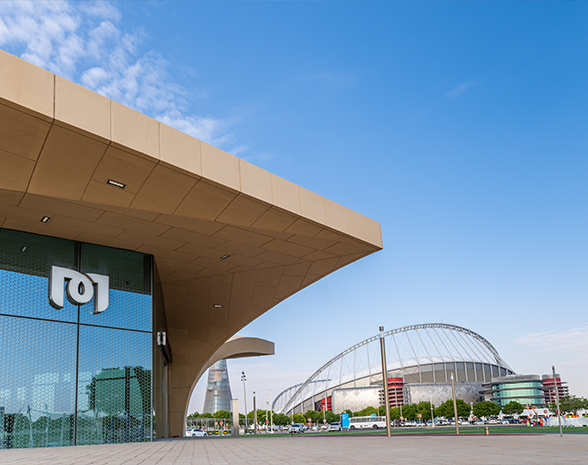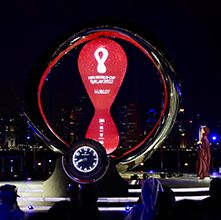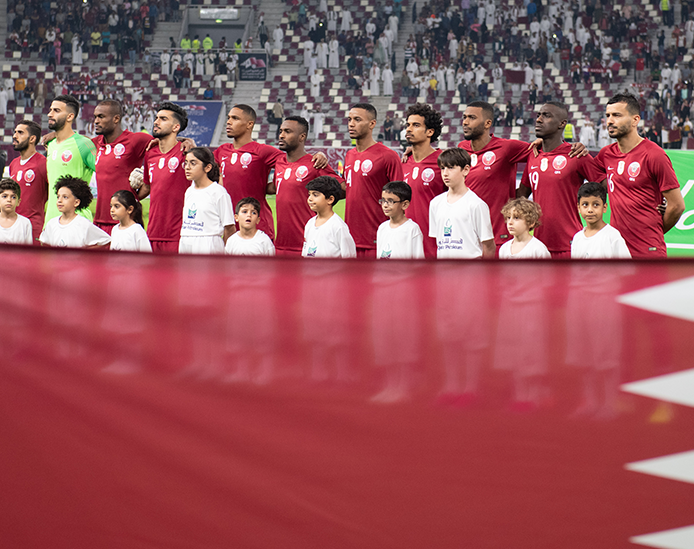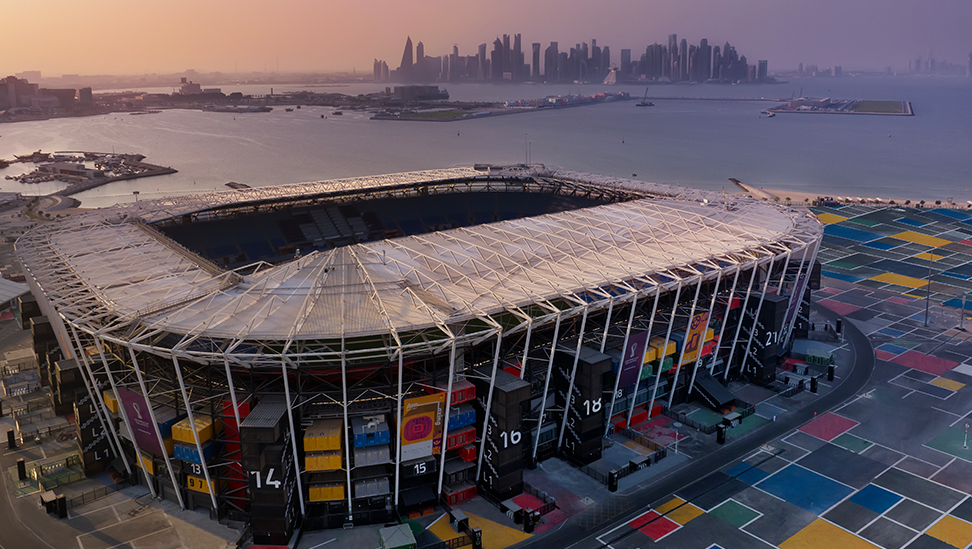Sustainability, in all its forms, has been a key concern for the State of Qatar from the moment it submitted its bid to host the FIFA World Cup Qatar 2022™.
The Supreme Committee for Delivery & Legacy (SC) has followed optimum dust-control strategies to reduce air pollution when building stadiums, achieving a minimum four-star rating under the Global Sustainability Assessment System (GSAS) for design, construction and facility management, in addition to obtaining a gold certificate for its operations.
Clean energy use has always been kept in mind throughout the various phases of constructing the World Cup stadiums. This is demonstrated by solar lighting that has been installed in parking lots and around stadiums.
Work is also underway to power cooling systems with solar panels.
Recycling, waste management and smart control systems that prevent excessive use of resources were present in all tournament venues.
In addition, the green space in the areas surrounding stadiums is estimated to be about 500,000 square metres. All of these green areas are irrigated with recycled water, which has contributed to reducing water consumption in operating stadiums by up to 40% under international standards.
The public transport system, including the Doha Metro, new bus routes and tram systems, have been developed in Lusail City and Education City.
To reduce greenhouse gas emissions and air pollution, 25% of public buses will be replaced by electric buses during the tournament.

